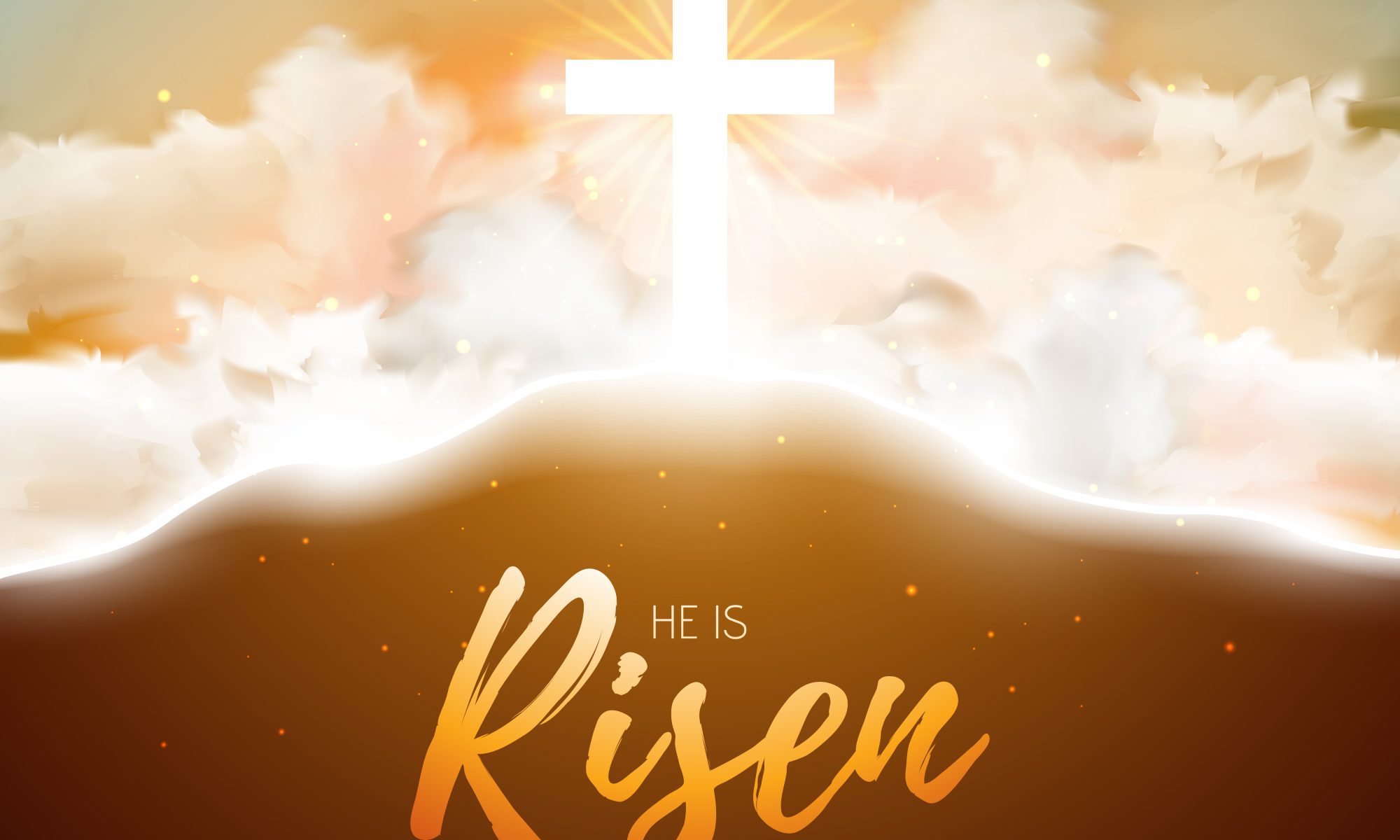Essential are things we cannot do without, so it’s applicable to prayer. It involves understanding God’s priorities in the place of prayer, and making requests that are in harmony with His divine will. This also means trusting that God will hear and answer your prayers when they are aligned with His will.
Day in and day out, Jesus’ disciples saw him steal away to spend time with his Father. They understood that his supernatural power and peace came from prayer (Mark 1:35; Luke 3:21-22; 6:12-13; Matt 26:36-44). They not only wanted to have what Jesus had, they wanted to become what Jesus was ( Matt.6:9; Luke 11:1-4) as they learnt the essentialsof prayer. To walk in his footsteps meant they would have to join him on their knees.
Throughout Scripture, we see prayer as having several distinct but interrelated dimensions including concept such as praise, pardon, and petition.
Praise
Prayer often begins with praise—acknowledging who God is and responding in worship. Praise is giving glory and honor to God, recognizing His divine nature and attributes. It involves acknowledging His majesty, wisdom, power, and goodness. The more we meditate on his character and compassion, the more we will want to glorify Him for who He is. The book of Psalms overflows with praise and adoration- Psalm 105:1-4;145:4
Focusing on God’s sinless character may have an uncomfortable consequence upon us, we will become profoundly (and perhaps painfully) aware of our own sinfulness. Like Isaiah in the presence of the Lord, we will cry out, “Woe to me…I am ruined! For I am a man of unclean lips, and I live among a people of unclean lips, and my eyes have seen the King, the LORD Almighty” (Isaiah 6:5). However, it should encourage us to strive to become more like God. Also, our minds will be drawn to our insufficiency and need to depend on God always.
Pardon
The good news is that Christ has dealt once and for all with our transgressions (Hebrews 7:27). Scripture says that we may now “…approach God’s throne of grace with confidence, so that we may receive mercy and find grace to help us in our time of need” (Hebrews 4:16). Nonetheless, the apostle Paul instructs believers to carefully examine themselves to make sure they are right before God (1 Corinthians 11:28). Like David, we ask the Lord to sanctify our hearts: “Search me, O God, and know my heart: try me, and know my thoughts: and see if there be any wicked way in me, and lead me in the way everlasting” (Psalm 139:23-24).
We therefore respond to God’s Spirit with contrition and confession. As the apostle John writes, “If we confess our sins, he is faithful and just to forgive us our sins, and to cleanse us from all unrighteousness” (1 John 1:9).
As believers in Christ, we receive the pardon that he provides us through his blood. We thank God for his mercy and forgiveness. We celebrate the unmerited favor and freedom we experience in Christ.
Petition
Having given God the glory he is due and aligned our hearts with his, we’re ready to bring our petitions before him. To ask God for something without first esteeming him and examining our motives is like the immature child who is more interested in what his parent can give him than in his relationship with his parent.
In Matthew 6:32-33, Jesus says that his Father knows what we need before we ask, but that he requires us to seek his Kingdom and character in order to receive it.
Prayer is therefore not telling God what’s on our minds and persuading him to change his. Rather, effectual prayer happens when God tells us what’s on his heart so that we might actually have “the mind of Christ” (1 Corinthians 2:16). Prayer is therefore not a “to-do” list for God as much as a “to-be” list for us. When our hearts and minds are aligned with the Father, then Jesus makes an incomprehensibly audacious promise. He will answer our prayers:
- Very truly I tell you, whoever believes in me will do the works I have been doing, and they will do even greater things than






